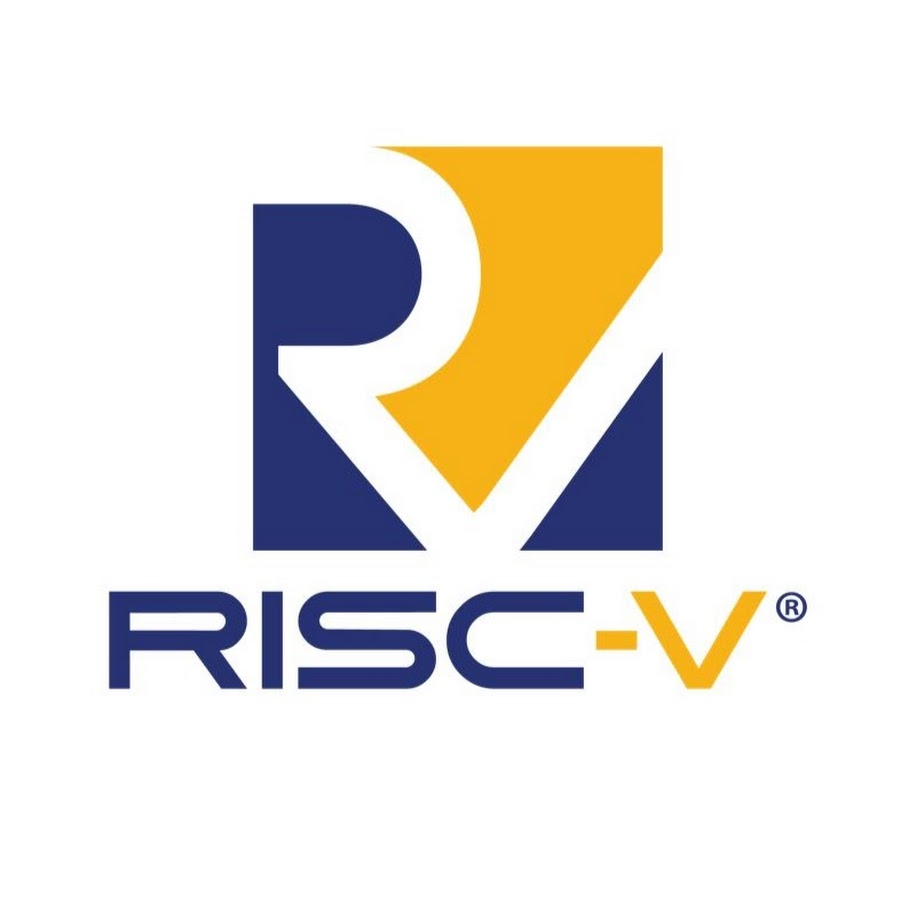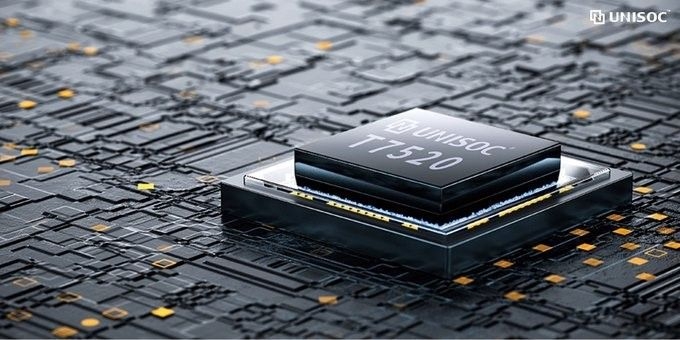- cross-posted to:
- hardware@lemmy.world
- cross-posted to:
- hardware@lemmy.world
That seems like more of a risk with products manufactured by domestic companies.
Security/privacy from both would be a win, but it’s not unreasonable for folks to be skeptical of a Chinese manufactured CPU for much the same reasons you’re expressing skepticism of USA made CPUs. There’s no doubt china would love to have the same sort of arrangements that the US does with US chip makers. Though I would also say this would have to be a big bet on RiscV by the CCP, RISC isn’t exactly ubiquitous or relevant in the same way amd or Intel are. That could change, but it’d be a bet on the future relevance of RISC
China at a geopolitical level is very interested in RISCV, namely because it has a long term promise of independence from a technology controlled by US-aligned companies.
Ever since the increasing US embargoes on Chinese GPU imports and other semiconductor tech, there’s been a quiet -but-global search for potential technologies that aren’t subject to volatile international relations.
If you’re trying to build an indigenous tech industry right now your choices are:
- X86 - impossible to license and expensive if you can. At the mercy of Intel/AMD and the geopolitics of the US.
- ARM - expensive (less than x86) to license. At the mercy of ARM holdings and the geopolitics of the UK.
- DIY arch - Free to license, but requires way more work to maintain a software ecosystem without guarantees that you’ll even compete.
- RISCV - Free to license, and has some existing proof of performance and software availability. You also get the benefits of improvements to the ISA and software support compared to DIY ISAs.
Of course we’ve seen a bunch of all 4 in some ways over the recent years. China has done pretty much all 4 in some respects but their RISCV work is developing at an impressive pace right now.
Huh, I hadn’t considered that but that makes a ton of sense! thanks for sharing your perspective with me :)
No worries boss 🫡




